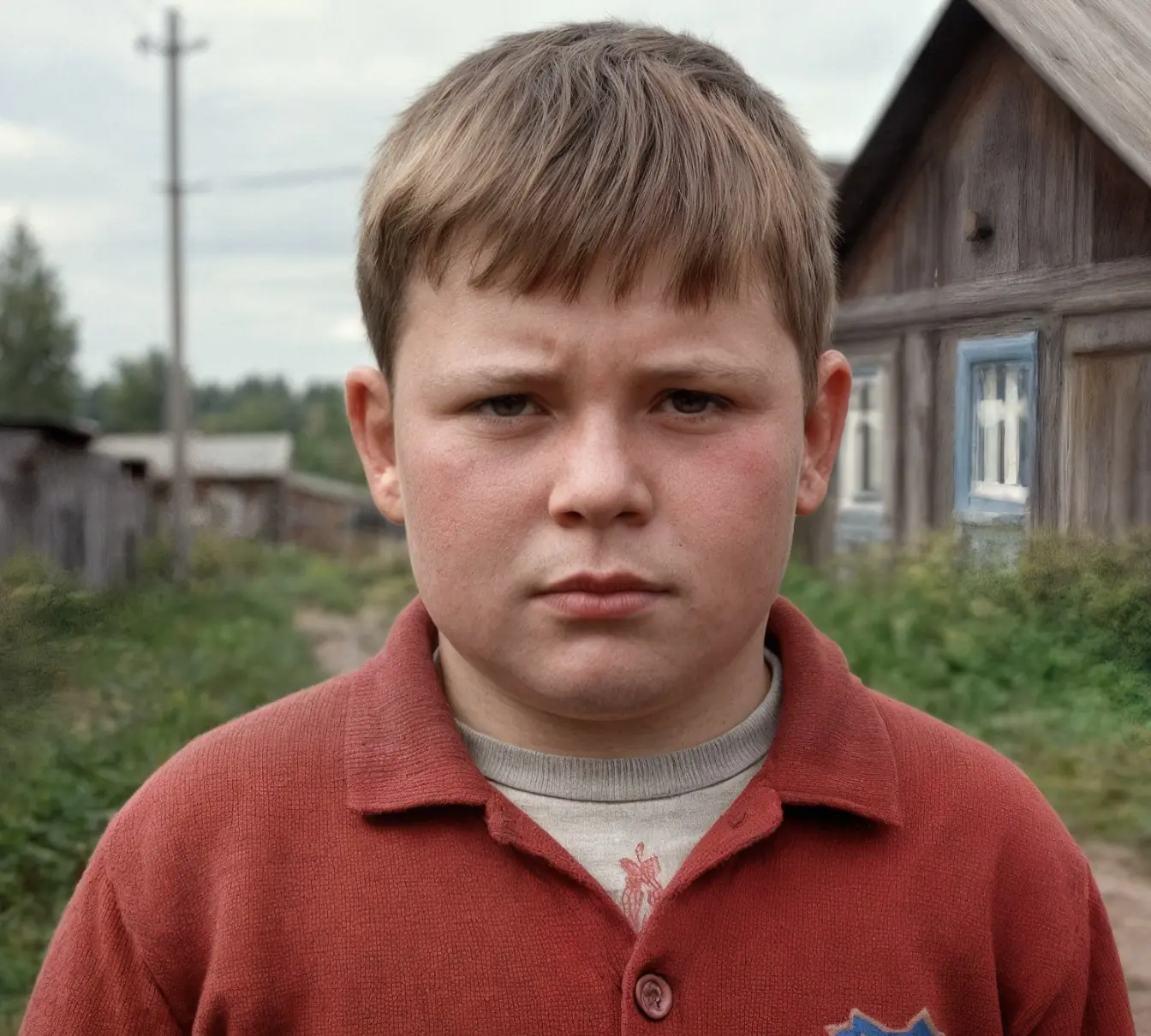
After the death of her mother-in-law, Valya arrived at the notary office where the reading of the will was to take place.

The Legacy of Silence
After the passing of her mother-in-law, Valentina arrived at the notary’s office for the reading of the will. The building was one she knew well—weathered by time, with a cracked wooden sign swaying above a heavy oak door that always smelled faintly of dust, varnished wood, and timeworn paper. A place where stories ended and others, sometimes reluctantly, began.
Valya was the first to arrive. Clad in a long black coat, she exuded composure, though inside she felt a slow churn of unease. She had always maintained a calm exterior—dignified, even serene—but beneath it lived the memories of long, difficult years. Her mother-in-law, Maria Petrovna, had been strict, unyielding in principle, but Valya respected her, even grew to care deeply for her. The final years, riddled with illness and frailty, had created an unlikely bond between the two women. Valya had been the caretaker—arranging doctor visits, preparing meals, tending to her moods, enduring the disorientation and sorrow of fading memory.
Her husband, Andrey, had drifted away during that time—first emotionally, then physically. Business trips became longer, evenings later, conversations briefer. Somewhere along the way, he had slipped from her life like sand through fingers. Now, he was barely more than a familiar silhouette.
Ten minutes later, Andrey entered the notary's room. But he wasn’t alone.
At his side walked a woman, maybe thirty. Elegantly dressed, with a crisp hairstyle and a designer bag slung over her shoulder. She carried a child—a boy, perhaps five—who clung to her with both arms, his wide eyes darting around the unfamiliar space.
Valya froze, her breath catching for a moment.
“What is this performance?” she asked, her voice low and even, her gaze locked on Andrey.
He said nothing. The woman offered a curt nod and sat down with the child, who looked curiously at Valya.
The notary entered moments later, adjusting his glasses and carrying a leather folder. He greeted them politely, took his seat, and opened the folder.
“We are here today to read the last will and testament of Maria Petrovna Ivanova…”
As he spoke, Valya found her thoughts slipping. The woman beside Andrey—she knew who she was. Rumors had reached her long ago, whispers of infidelity, of a child. But Valya had turned away from them, whether out of pride or fear, she wasn’t sure. Perhaps a little of both.
“…According to the will, the apartment and bank accounts are to be passed in full to Valentina Sergeevna Ivanova,” the notary continued.
A pause.
All eyes turned toward her. Valya remained silent, her hands clasped in her lap.
“However, there is an additional clause,” the notary added. “The deceased requested that the family dacha in Glinino and all family jewelry, currently stored in a safety deposit box, be inherited by her grandson—Petr Andreevich—on the condition that he is legally recognized as the son of Andrey Ivanov.”
The room went still.
The boy turned to his mother and whispered, “Mama, who is that lady?”
Valya rose slowly, her voice firm and clear.
“I’m the one who kept this family together. For years. And now, it seems, I’m finally free.”
Without another word, she walked out. Rain had begun to fall, gentle but persistent. She lifted the collar of her coat, breathed in the sharp, clean air. It didn’t feel like grief. It felt like something else—something lighter.
On the way home, she stared out the window of the taxi, watching the blurred raindrops race each other. The notary’s words replayed in her mind. The apartment, the money—none of it felt like hers. The true legacy left behind was not material. It was knowledge. Her mother-in-law had known everything—about the child, the affair. And in her final act, she had delivered both retribution and grace: recognition for the boy, and freedom for Valya.
The apartment was cold and silent. Once, it had smelled of coffee, cologne, fresh pie. Now it reeked of stillness. Valya brewed tea, sat by the window, and wondered: Should she sell everything? Leave the city? Start over somewhere else?
Her phone vibrated. A message from an unknown number.
“Hello. This is Marina. I’d like to talk. No arguments. For Petya’s sake.”
Marina. The mistress. The boy’s mother.
Valya stared at the screen for a long time, then replied.
“Tomorrow. 12:00. Café ‘Old Town.’ Without Andrey.”
They met the next day.
Marina looked tense, but composed. She brought a photo album—snapshots of Petya’s life: his first steps, his first drawings, his beaming face at a school concert. Valya studied the boy’s features. He had Andrey’s jawline—but his eyes, his cheekbones… they were unmistakably Maria Petrovna’s.
“Did he meet her?” Valya asked quietly.
“Only once. At her insistence. I didn’t understand why then. I do now.”
They sat in silence for a while.
“I don’t want your money,” Marina finally said. “Not the apartment, not anything. I just want Petya to have a name. A story. I don’t want him to be ‘the other child.’ I want him to be… accepted.”
Valya sipped her coffee. Strangely, she felt no bitterness. Only clarity. And something unexpected—a quiet strength. A strength Maria Petrovna had always seen in her.
“He’ll get his name. And his inheritance. He is part of this family,” she said. “But as of today, I no longer am.”
As she walked out of the café, Valya felt no sorrow. Only relief. She had lost so much—but she had regained herself.
A week passed.
The apartment came alive with motion. Valya boxed old things, sorted papers, gave away furniture. What once seemed essential—marriage, stability, tradition—suddenly felt hollow. And in their place, something else took root: a sense of trembling possibility.
She boarded a southbound train. Destination: the seaside village where she had once spent student summers. Where the wind smelled like salt and wildflowers, where she had painted her first watercolors and fallen in love with solitude.
“Are you traveling alone?” asked an elderly woman knitting in the next seat.
“Yes,” Valya said with a smile. “Completely alone. And not the least bit sad about it.”
She rented a small house just five minutes from the beach. Every morning, she walked barefoot along the shore, a sketchbook in hand. She painted again—not from grief, but from freedom. From stillness. From light.
One evening at a local gallery, a stranger approached her. Tall, with silver in his hair, hands flecked with paint. A former architect. A man rebuilding his life.
“Did you paint the boatman?”
“I did. Were you the model?”
“Almost. Just missing the dog,” he grinned.
So began a quiet friendship—no promises, no expectations. Just two people who had survived their storms and found the shore.
Then came a letter. In childish handwriting:
“To Aunt Valya. Thank you for the house and Grandma’s ring. I won’t give it away. I found a secret spot under the floorboards! Mom says you’re very brave. I want to be like you. —Petya.”
Valya smiled and slipped the letter into the folder with her watercolors.
Years passed.
Petya grew up. He became an artist. His first major exhibition hung in a sunlit gallery on the coast. The title: Lines of Memory.
Among the paintings, one stood out—a boat on a beach, and a woman in a coat facing the sea. The title: Farewell.
Valya entered quietly. He saw her at once.
“Hello, Aunt Valya,” he said.
“Hello, Petya,” she smiled, her eyes gleaming.
“I found your letter. In the floorboards.”
“I hoped you would,” she said. “But not too soon.”
“It helped me. More than you know.”
That night, they sat by the sea.
“You really left for good, didn’t you?” he asked.
“No. I left to find myself. And I gave you something better than my presence—a chance to find who you are.”
He handed her an envelope.
“Now it’s my turn,” he said. “Just words. But maybe they’ll mean something… someday.”
Years later, Petya sat on the porch of a new house, not in Glinino but a place of his own choosing. His daughter sat beside him, her long braids catching the sunlight.
“Daddy, who’s Valentina?” she asked. “The one in your book?”
“She’s the reason I know who I am,” he replied. “Not a mother. Not a grandmother. Something rarer. She showed me that endings can be beginnings. That walking away can be an act of love.”
“Will I remember her too?”
“If you listen to silence. If you’re brave enough to leave when your path changes. Then yes,” he said. “You will remember.”
They stood in front of a painting: a woman, a coat, the sea.
“That’s her,” he said. “My legacy.”
News in the same category

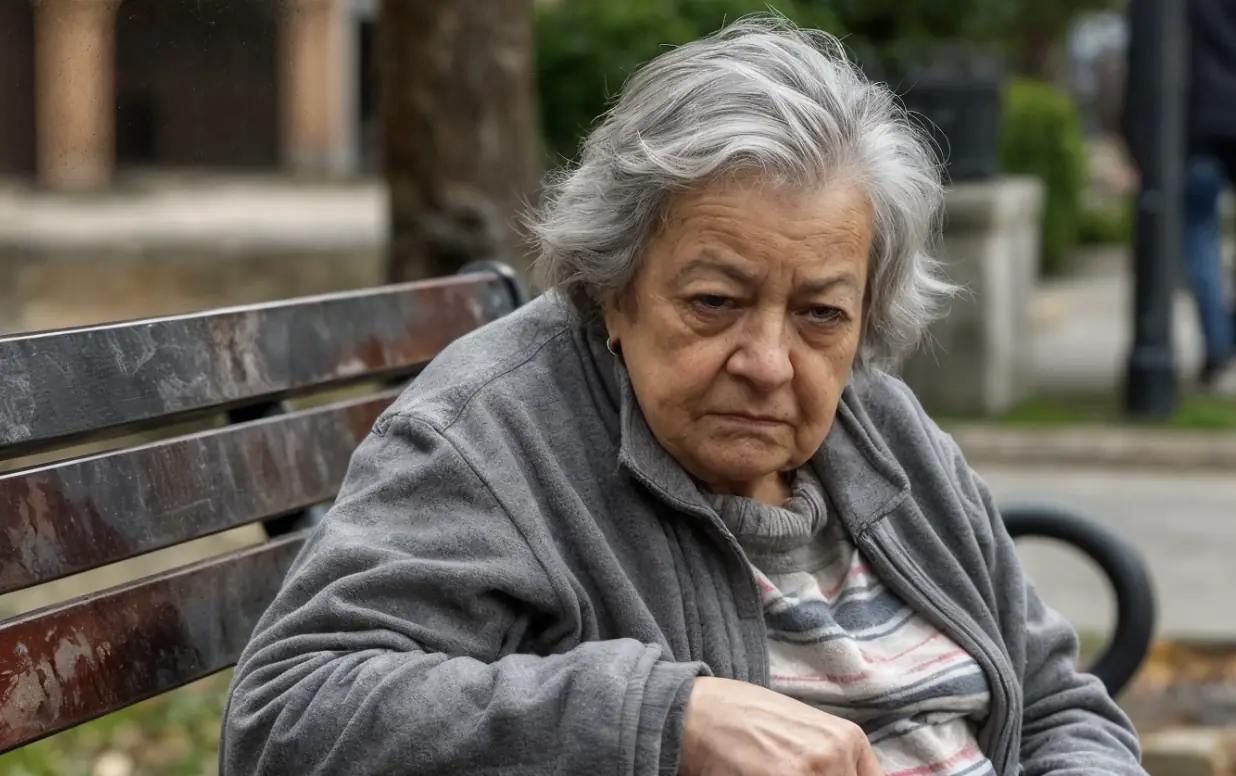
He saved the old woman from death and took her to the hospital, but at that moment he still did not know what would happen next…
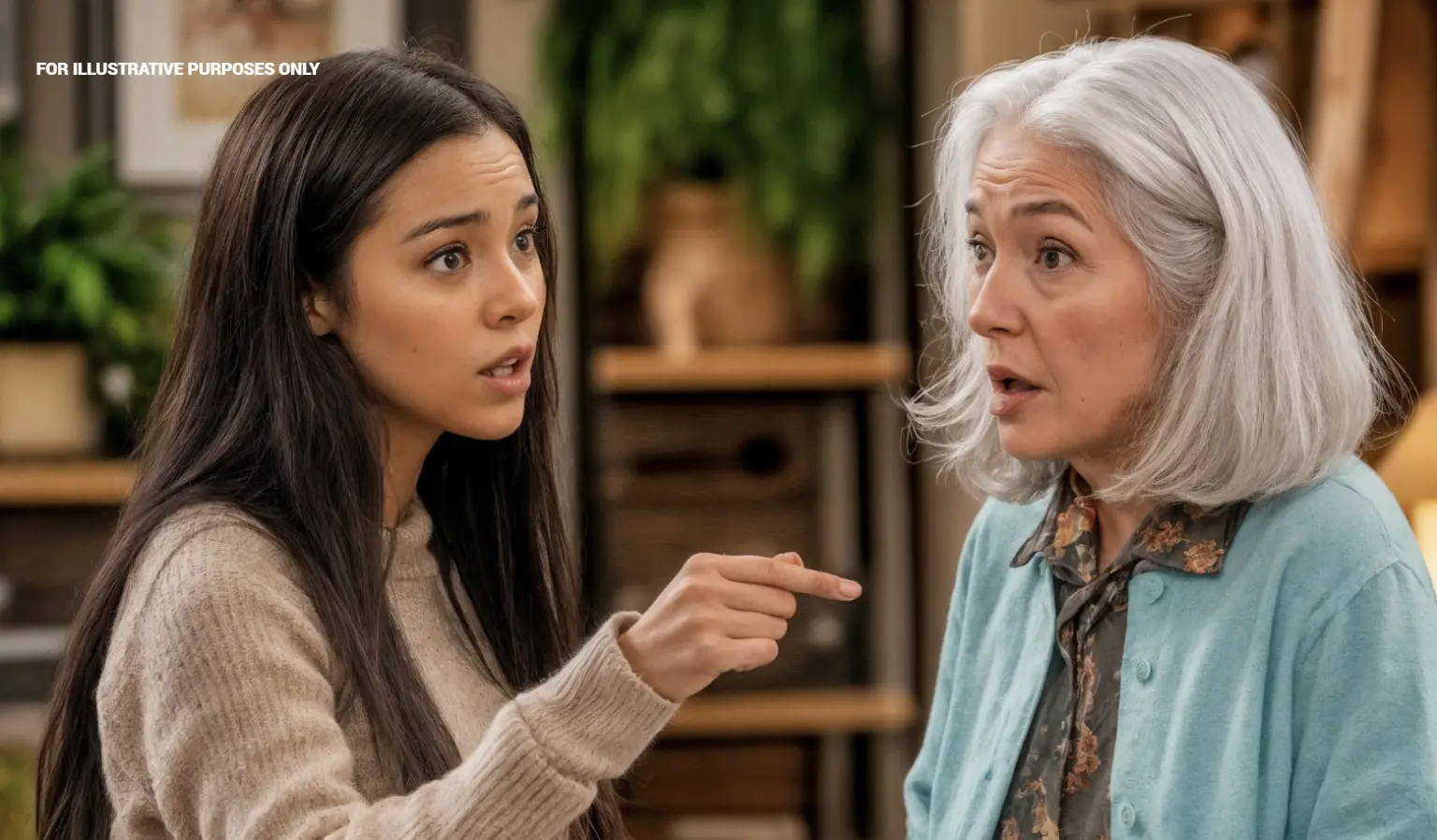
No, dear mother-in-law, I bought this apartment before the marriage, so pack your things,” I made it clear that her behavior was unacceptable to me.

The wife had been silent for a year, hosting her husband’s relatives in their home, until one evening, she finally put the bold family members in their place.
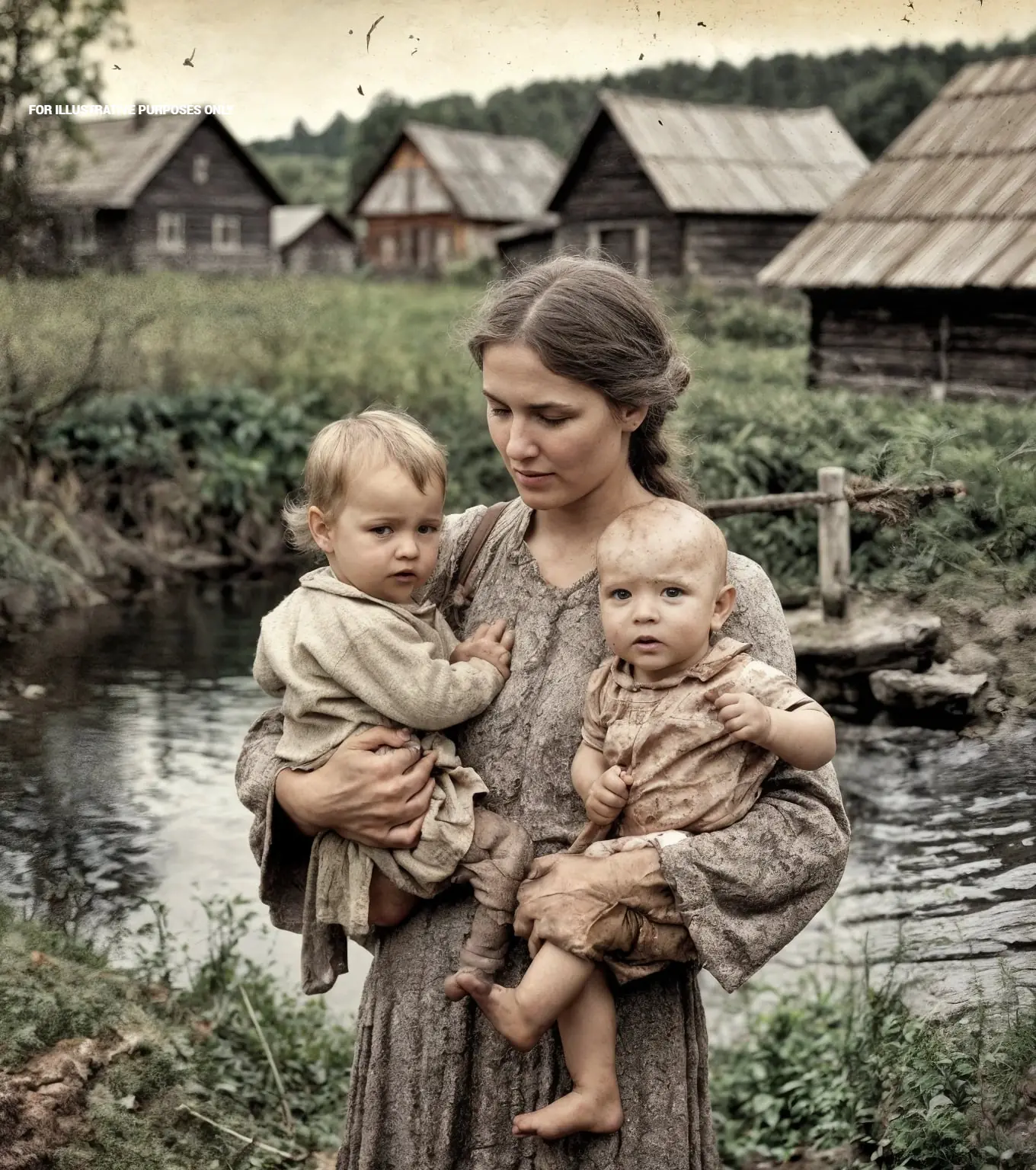
My mother-in-law discovered two children in an abandoned well, brought them to me, and entrusted me with their upbringing. I raised them as my own.

The hungry girl asked the baker for a slice of bread, but she didn’t eat it. The baker was surprised when he found out why.
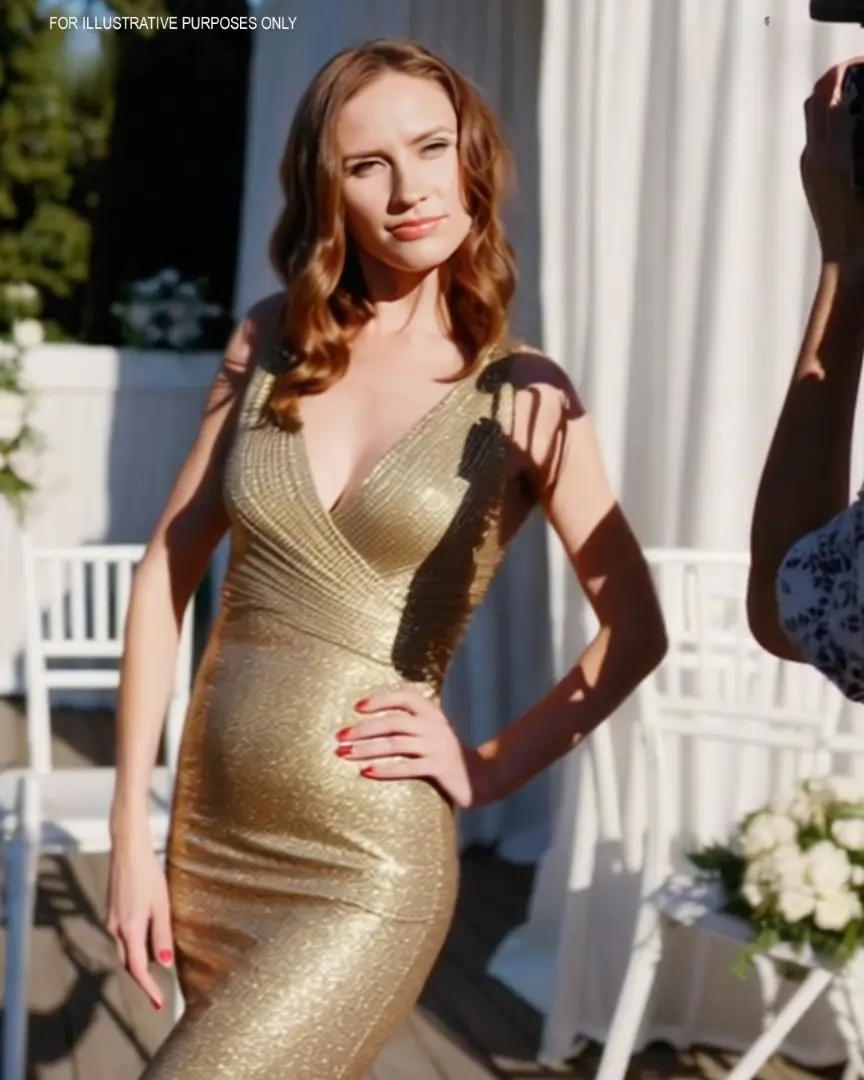
My Entitled SIL Erased Us from Her Wedding – I Didn't Let Her Get Away with It
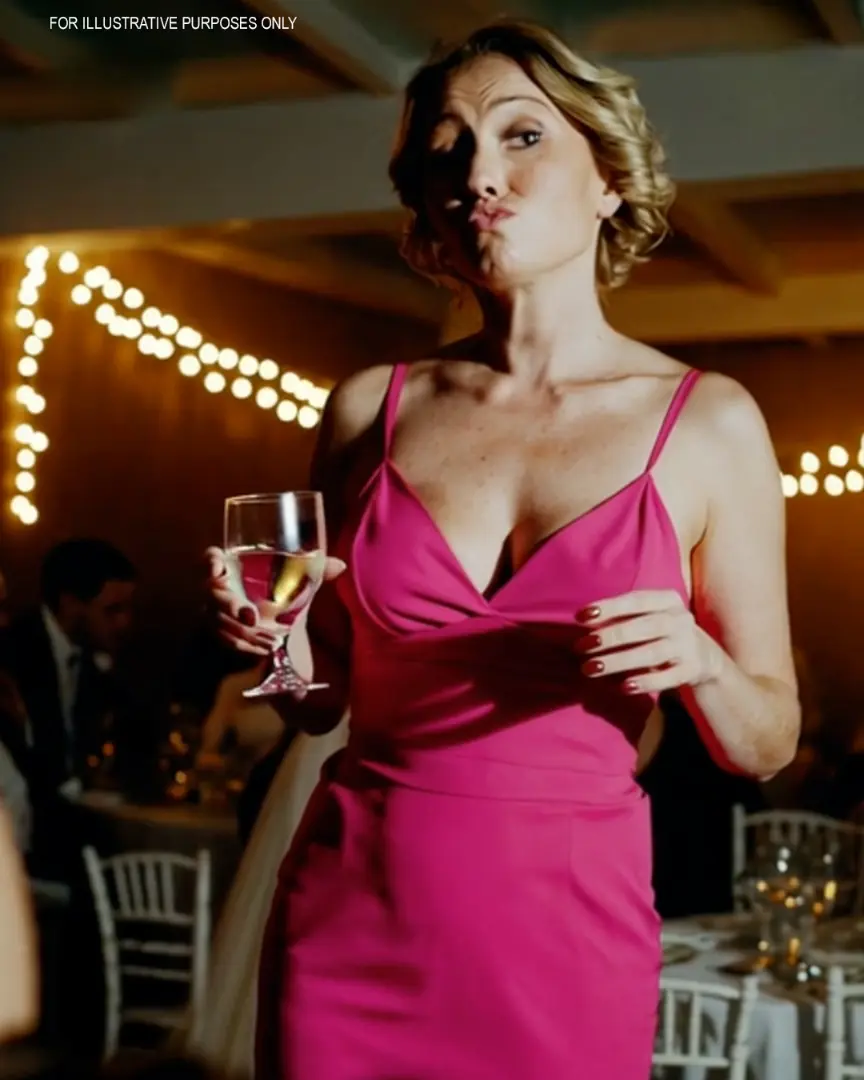
My Sister Hijacked My Wedding for Her Pregnancy Announcement – I Waited Until Her Gender Reveal & Got the Last Laugh
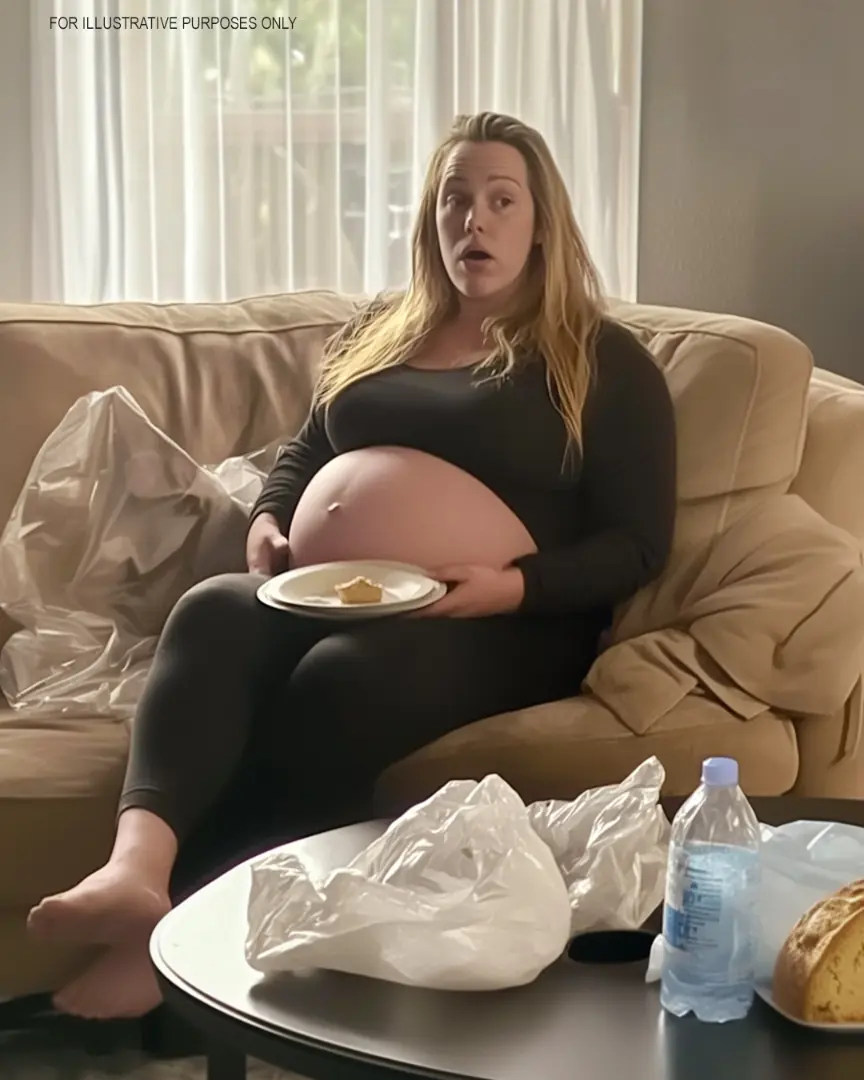
My Pregnant Sister-in-Law Turned Me into Her Maid – I Played Her Game Until She Crossed the Line
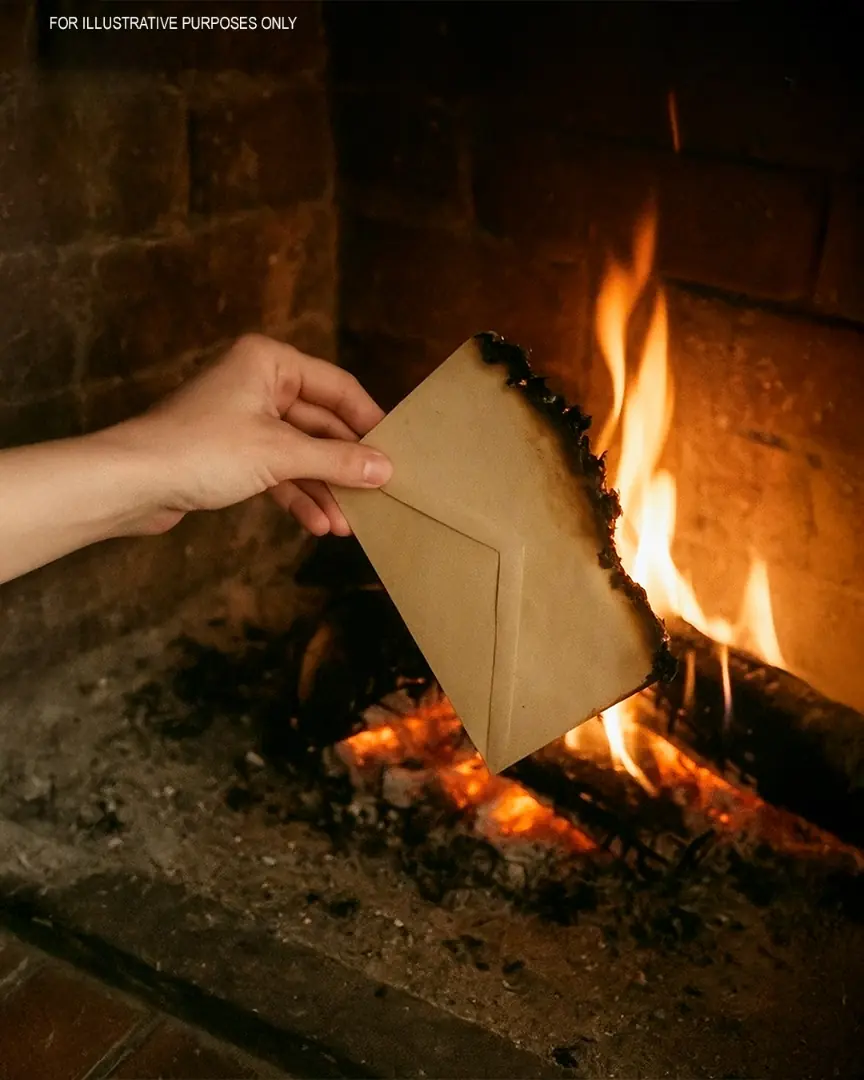
I Was Cleaning out After My Divorce and Tossing Old Documents Into the Fire When One Letter Stopped Me Cold
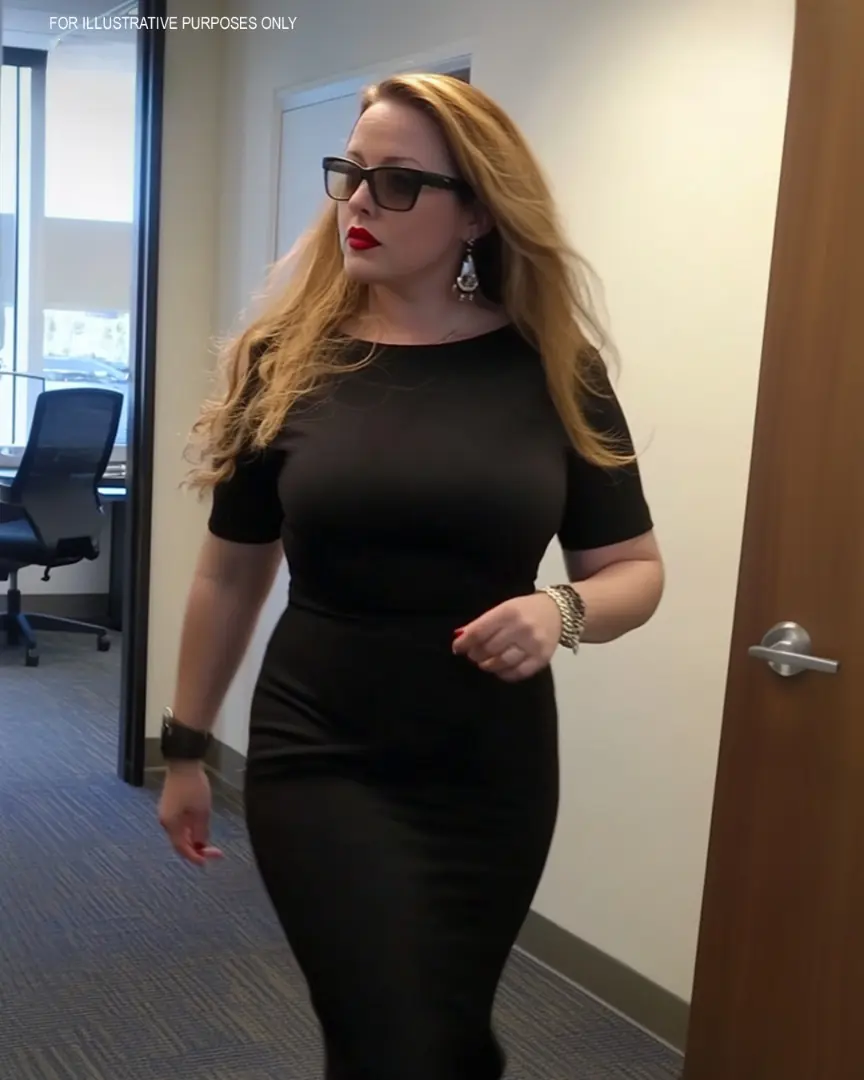
I Cut My Niece Off from the College Fund After I Overheard Her Conversation with My Ex-wife

She forgot to tell her husband she was coming home. When she entered the apartment, she nearly collapsed from what she saw.
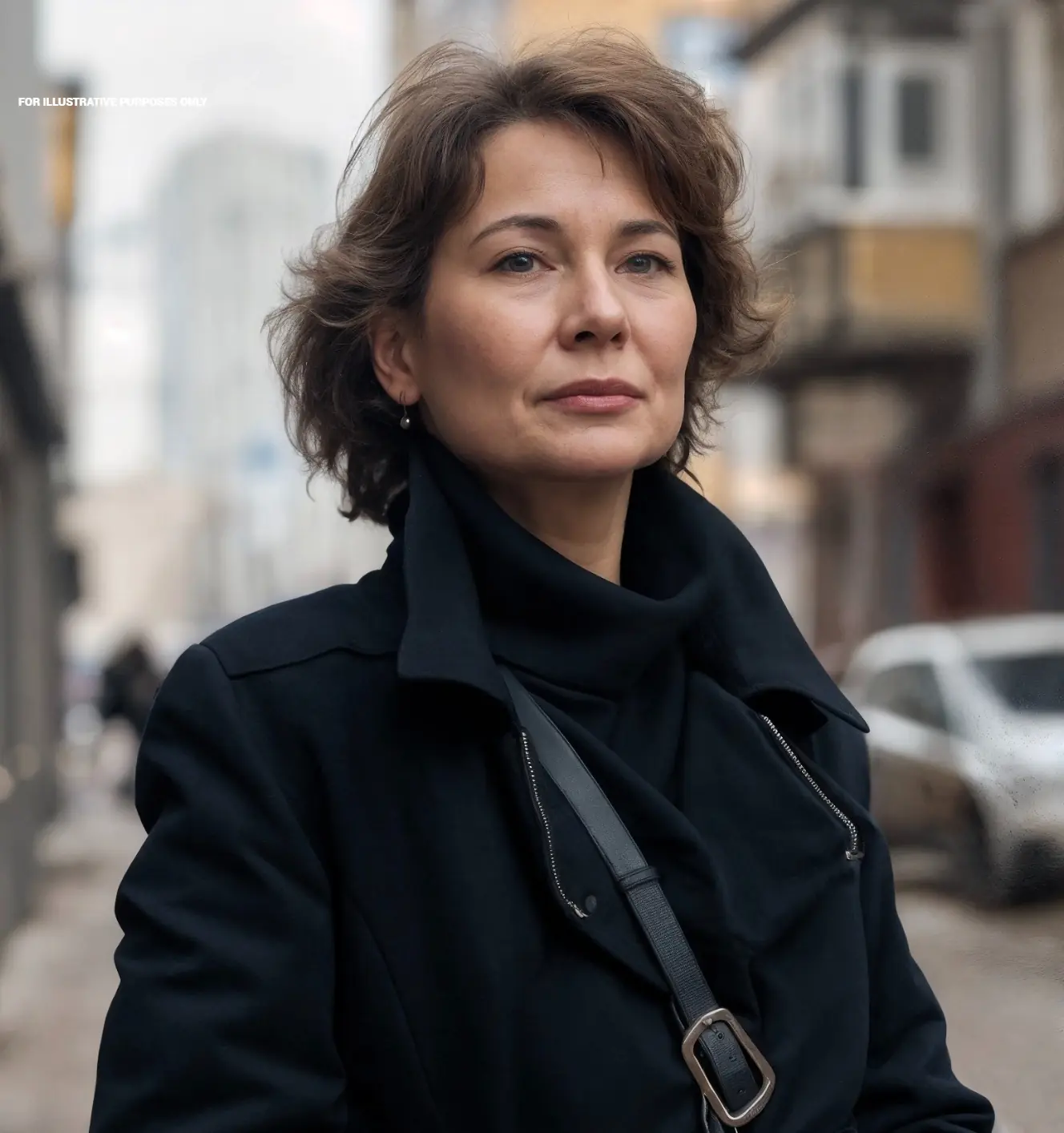
Valya found out by accident that her husband had another woman — she went to the dry cleaner to pick up his suit, and along with the suit, they handed her a huge colorful dress.
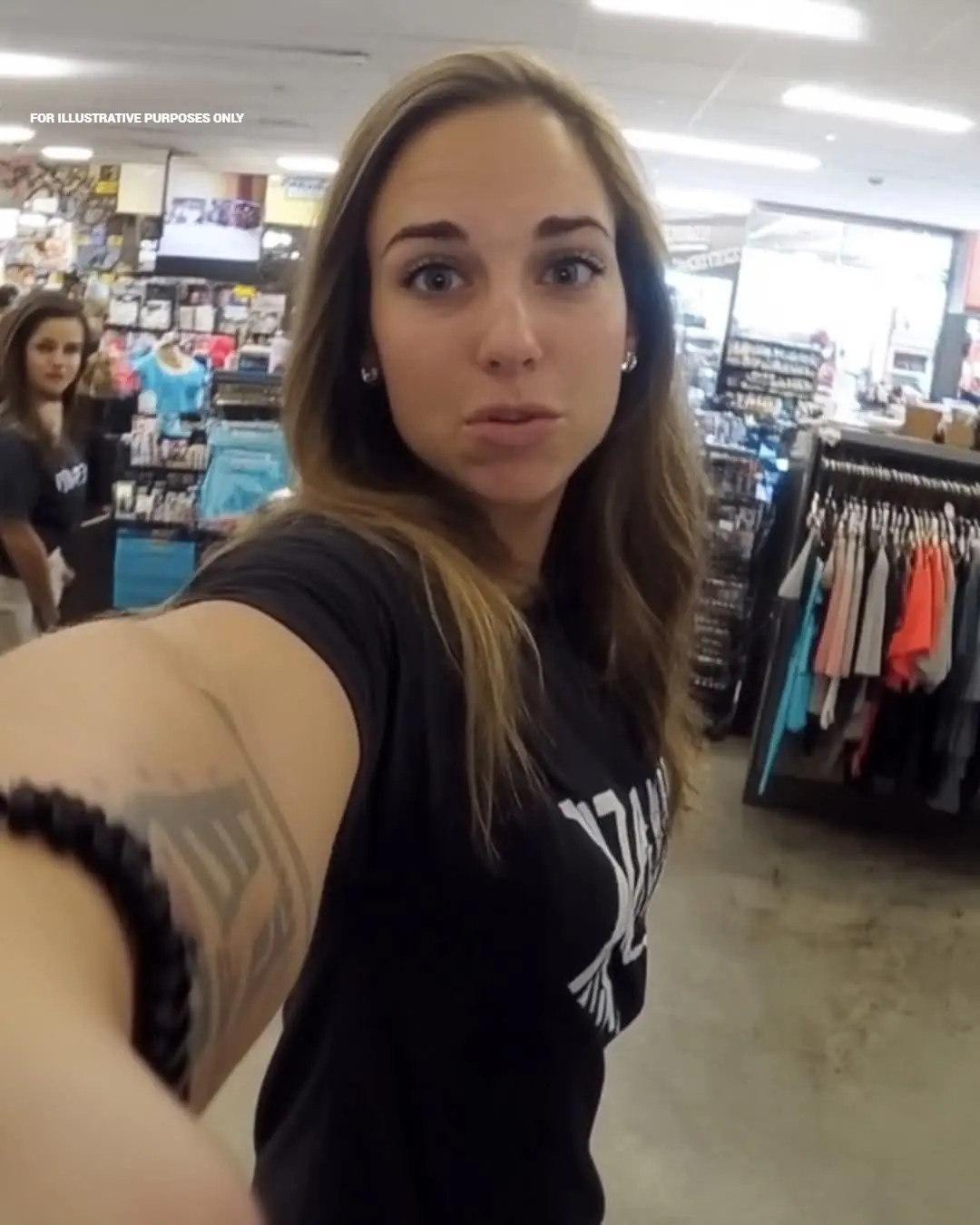
Store Owner’s Daughter Kicked Me Out for No Reason — Then Her Mom Walked In and Left Me Speechless
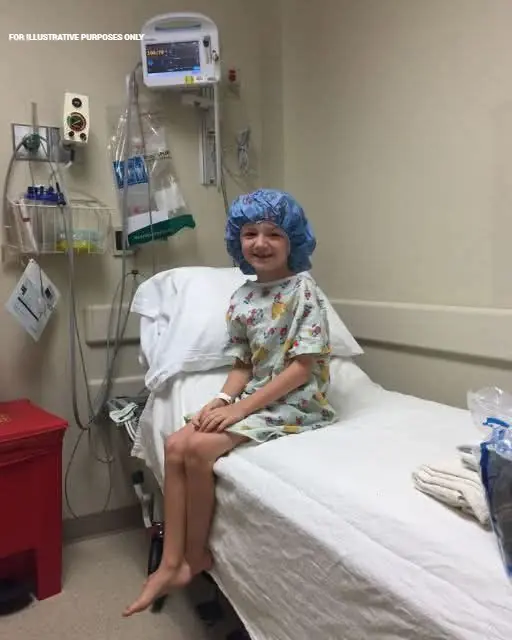
MY SON SMILED RIGHT BEFORE SURGERY—BUT SOMEHOW HE MADE ME STEP OUT OF THE ROOM
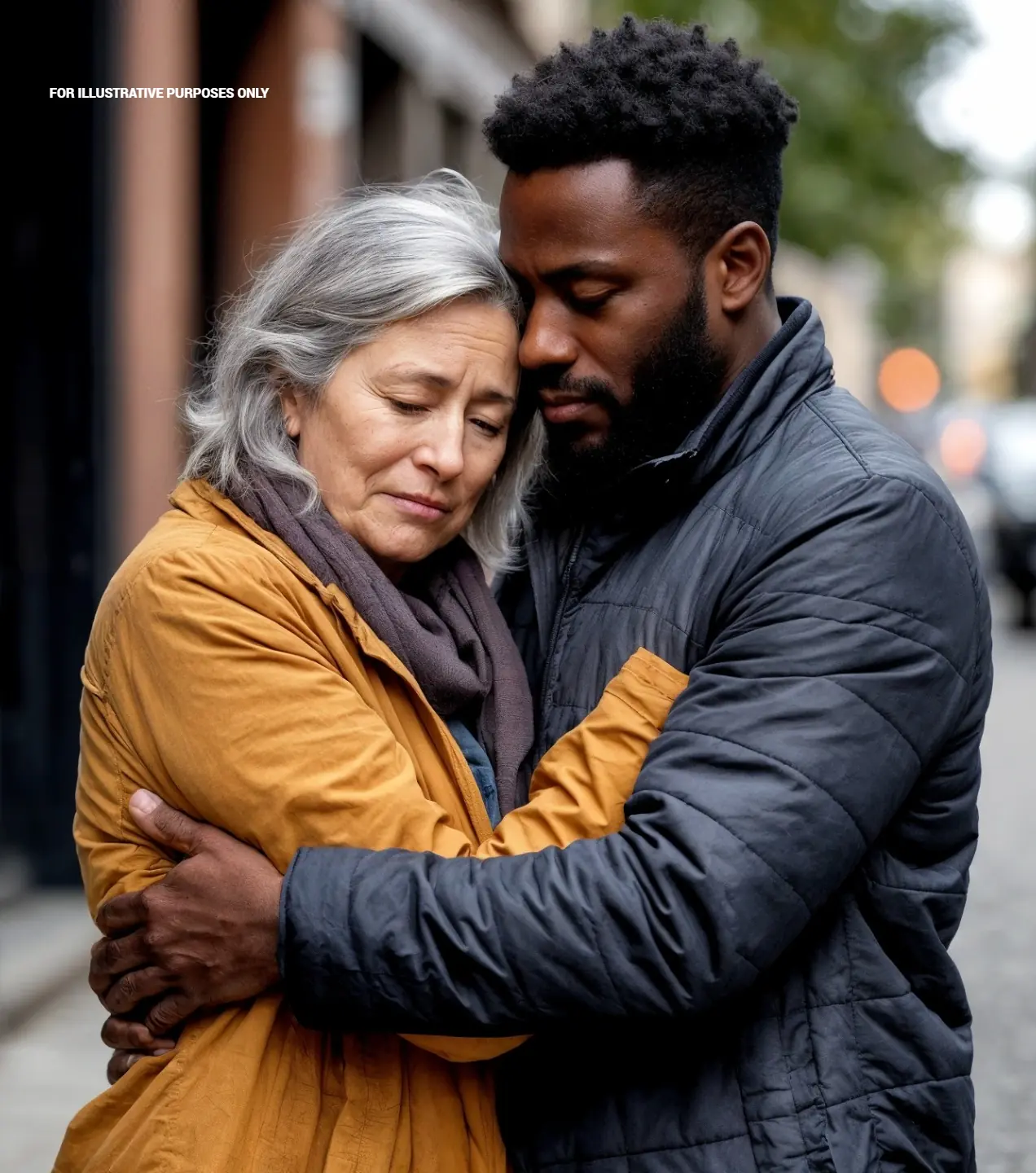
An orphaned woman adopted a dark-skinned boy—and 20 years later discovered his shocking secret!
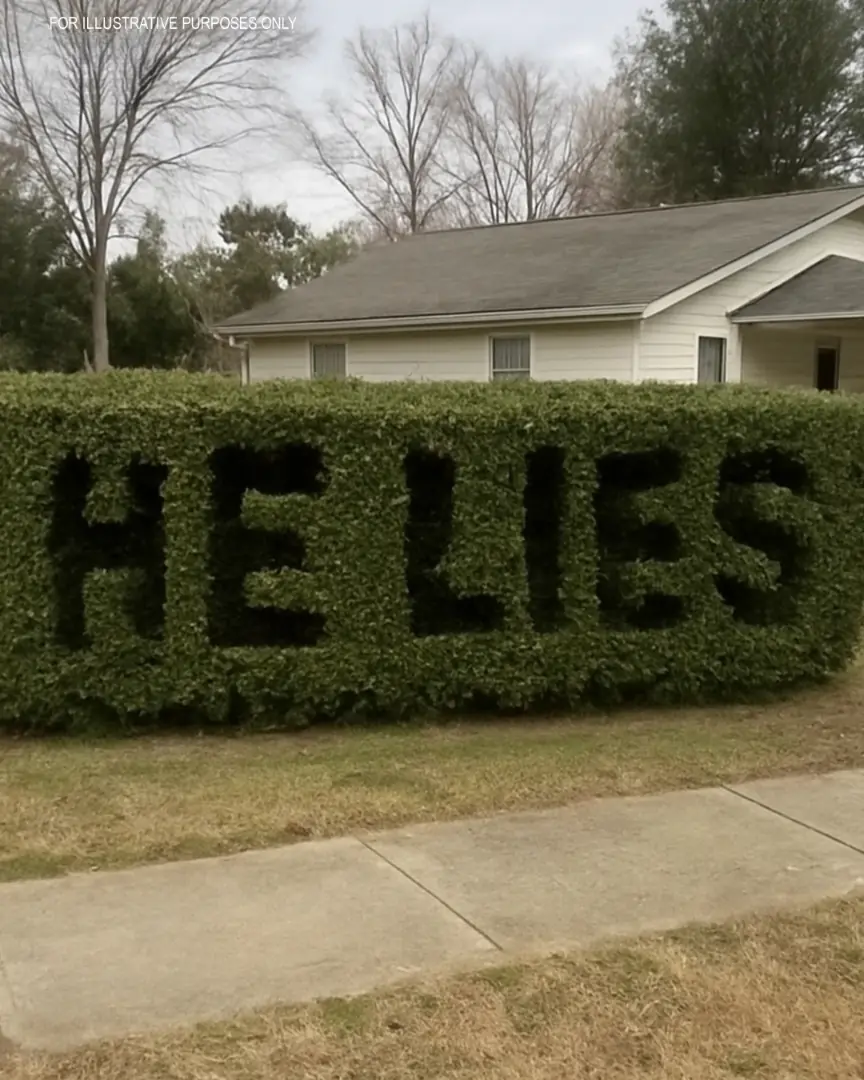
When I Got Home from a Work Trip, 'He Lies' Was Carved Into My Hedge – Then I Found a Note Explaining Everything
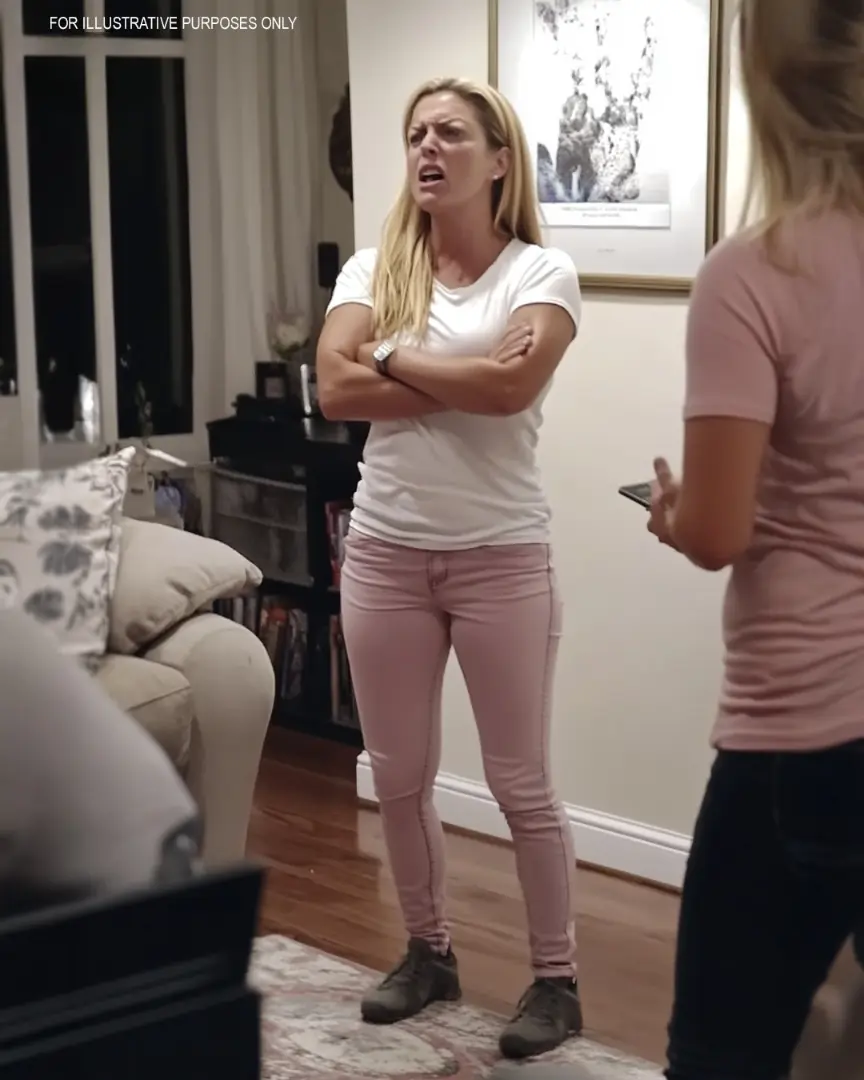
My Wife Took $10K from My Daughter's College Fund to Pay for Her Own Daughter's Vacation & Said I Should Be Fine with It – Well, I Wasn't
News Post

Onion Milk: Ancient Elixir That Heals From Within

5 Ways To Use Pineapple As A Medicine

Experts Reveal The Sleep Position That Could Be Secretly Harming Your Health

Never store your cooked rice without knowing this

Camera Lowered Into Hole 93 Meters Beneath Antarctica Makes Stunning Discovery
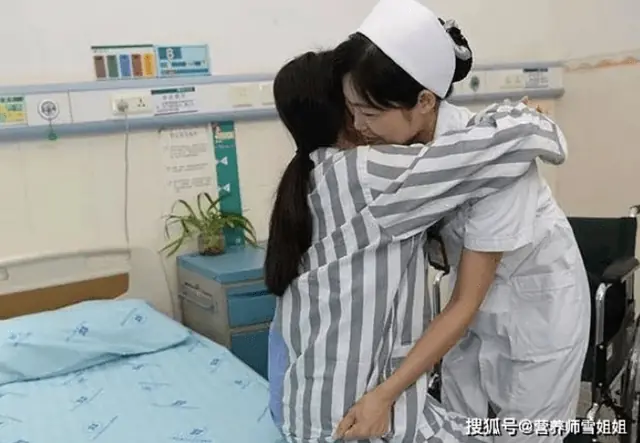
17-Year-Old Girl Hospitalized with Kidney Failure: Doctors Warn Against 3 Common Habits Among Youth
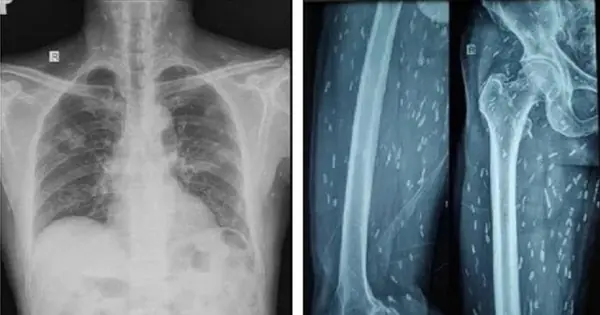
Rashes All Over the Body Because of a Favorite Dish Many Are Addicted To
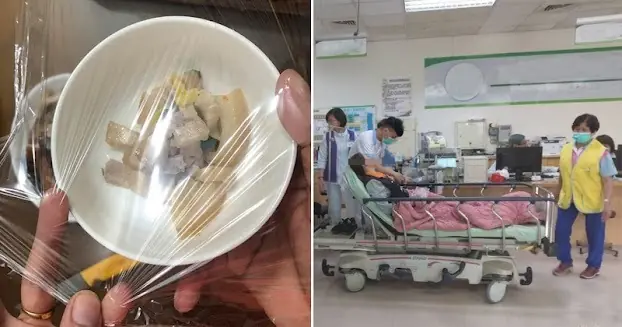
My Mother’s Silent Sacrifice: Saving Money by Cooking One Meal a Day

The terminally ill son of wealthy parents married a naive girl, and she took him off to a remote area. Six months later, his parents could hardly recognize their son

Senya was raised by his grandmother and mother. The boy was not spoiled at all – both his mother Tamara and grandmother Nina had such strong characters that even without a father and grandfather
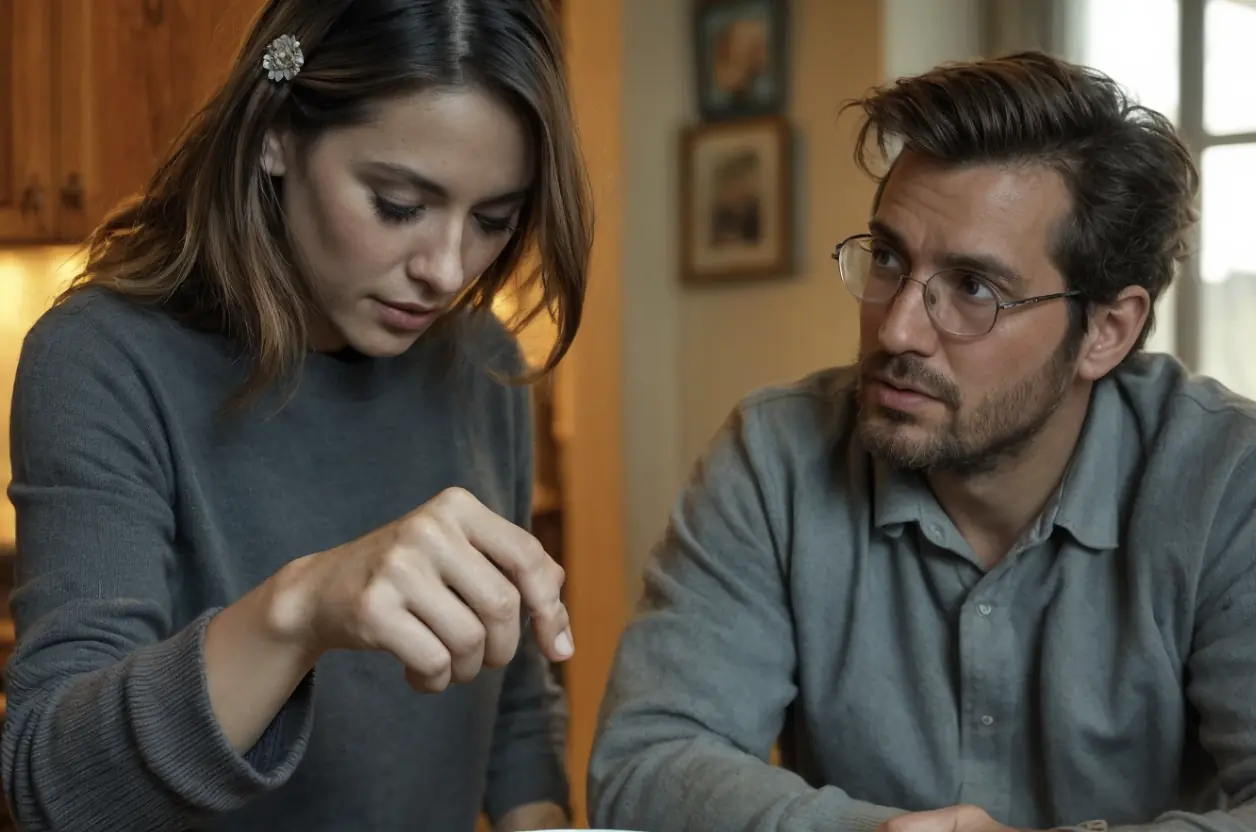
The husband noticed how his wife quietly added something to his tea and carefully swapped the mugs

He saved the old woman from death and took her to the hospital, but at that moment he still did not know what would happen next…

What do you mean, you won’t give money?! Do you understand what the consequences will be?

Remove Facial Wrinkles Naturally at Home with Banana and Tomato

The Miracle Tree: 10 Science-Backed Benefits of Moringa and How to Use It

How to Remove Skin Tags on Your Face Naturally with Banana Peel and Other Safe Remedies

16 Powerful Benefits of Soursop Leaf Tea (Without Losing Its Nutritional Value) Doctors Never Say

No, dear mother-in-law, I bought this apartment before the marriage, so pack your things,” I made it clear that her behavior was unacceptable to me.

The wife had been silent for a year, hosting her husband’s relatives in their home, until one evening, she finally put the bold family members in their place.
